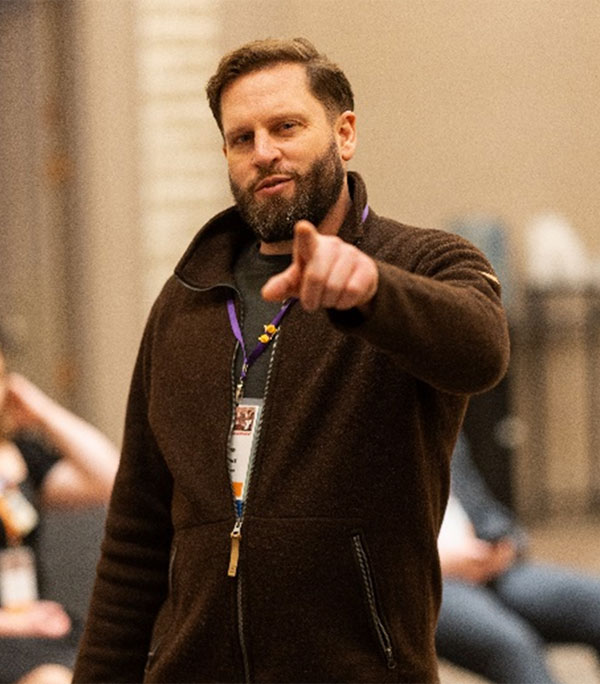Trevre Andrews joined Youth in Government (then called Model Assembly) in eighth grade as part of the White Bear Lake delegation. After spending a few days walking the halls of the Capitol as a page, he was hooked. With inspiration and support from his “awesome delegation director, Jennifer Kasten,” Trevre went on to be a delegate in Humphrey House (9th grade), the Speaker of Humphrey House (10th grade), President of the Senate (11th grade), and Speaker of the House (12th grade). He also participated in Model United Nations for several years. He loved it all – the people he met, the topics they discussed, the sense of independence he felt, and the broader perspective he gained. After graduating from the University of Minnesota, Trevre began a regular donor to YIG and soon after started volunteering on the legislative program area team. He is super excited to be leading the new Conference Experience Team (CET) because he sees the value it offers on so many levels.
What is the Conference Experience Team (CET): We are still shaping the CET, but for now, we are a group of dedicated human beings focused on two things:
- Providing specialized and timely behind-the-scenes support for all aspects of the conference.
- Providing a team for new or developing volunteers to learn more about conference content and logistics, which could allow them to transition into larger, more permanent volunteer roles.
For me, the most exciting aspect of the CET is that it provides a point of entry for all types of volunteers with all types of talents and allows us to find a place where they will thrive and make the conference experience better for everyone.
What do you do in your day job: I work as a geologist at Jacobs, a consulting company, mostly managing environmental sites. Geology is all about telling stories, often based on very little information, but my favorite part about my job (and life) is training other environmental scientists to tell the stories of how things got to where they are, how we know that, where those things are going to go in the future, how we know that, and who they might hurt or help. Then I tell them about the tools we have for either utilizing those things (like water) or managing the things that might hurt us (like contaminated groundwater).
Who is someone you admire: I used to admire certain politicians, some famous scientists or engineers, but as I got older, I realized the people I most admired were teachers – in particular my mom and dad, but my other teachers as well. Then I got even older and realized how much I admire kids (no age restriction there). Not because they are precious, or hilarious (they are both those things and more); I admire kids because they are the best kinds of teachers. They're not constrained to think a certain way; they don't know what to think so they are always trying to figure it out. They don't have all the answers, but they ask the right questions.
What is one thing people wouldn’t know by looking at you: I will do my best to love you unconditionally, no matter how unsure of yourself you are, no matter where you have been or what you have done. Every day is a new day, all people are different people, but every person deserves love; you can't see it, you can't describe it, but I'll find it for you.
What did you want to be when you grew up and why: Well, I am still growing up and I've always believed you should want to be you, that is always more than enough… All right, a rock star – who doesn't want to be a rockstar? But I know I can't play guitar and I am a terrible singer.
Why do you volunteer for the Center for Youth Voice: I wouldn't be who I am or where I am without these programs. I still get nervous speaking up in front of a group of people. It still takes me a long time to make friends. I still make presumptions without listening to and learning about what I don't know. I still don't give people the time and compassion they deserve sometimes. There isn't a day I wake up where I am not reminded of these things, but I know this program gave me the tools to do better at them and more. I can never pay that back, but I can pay it forward.
